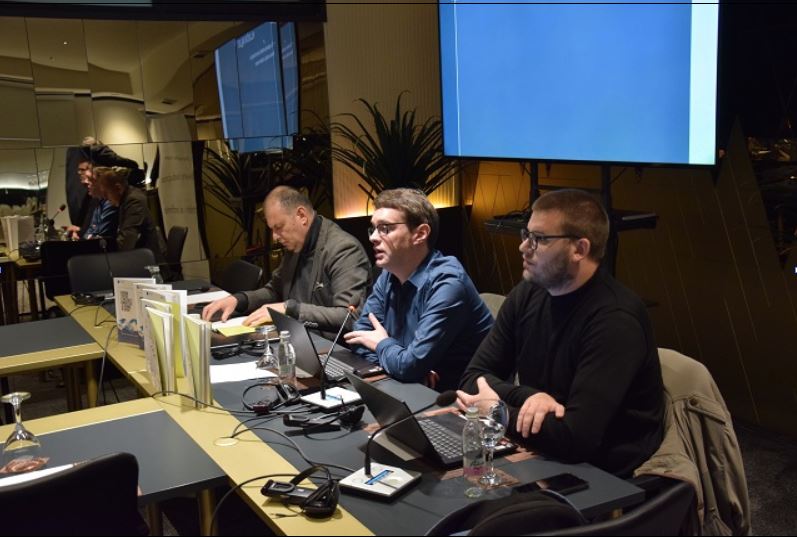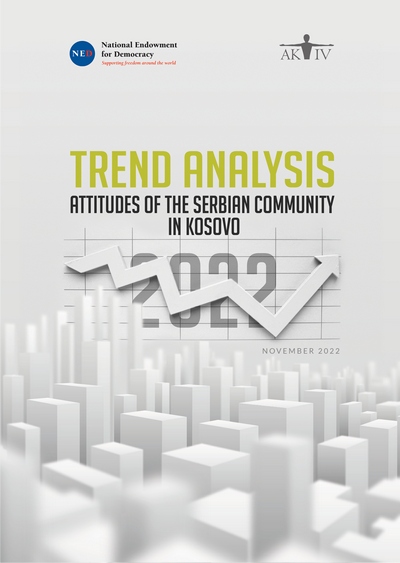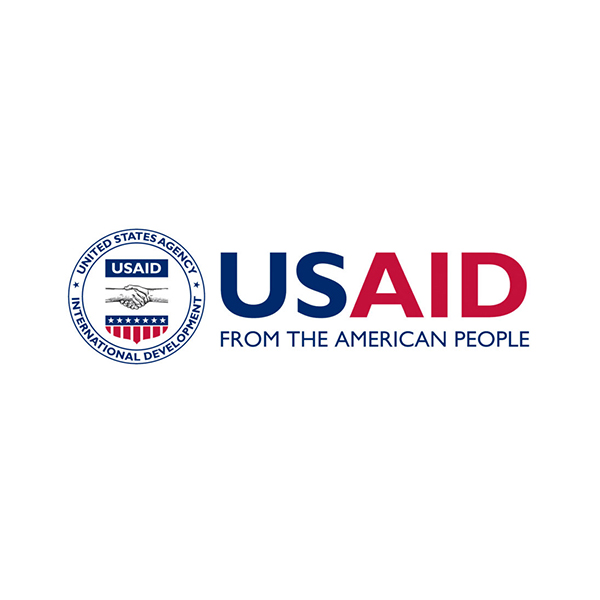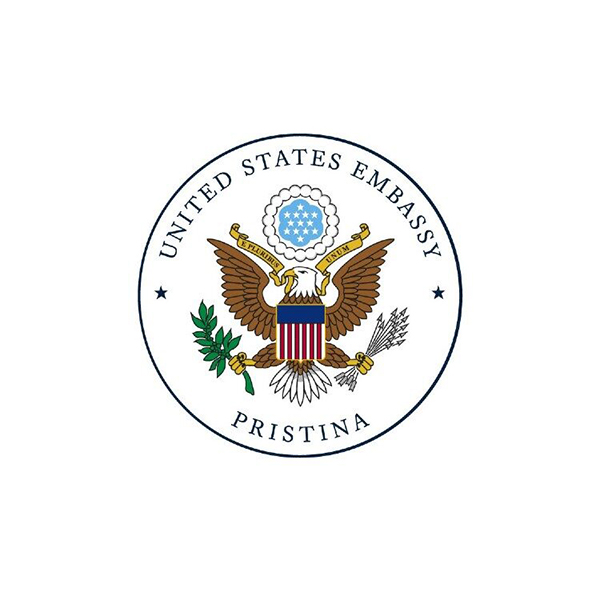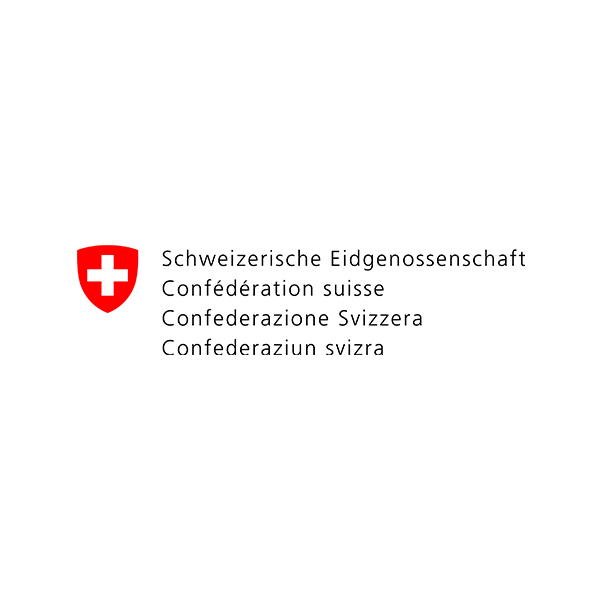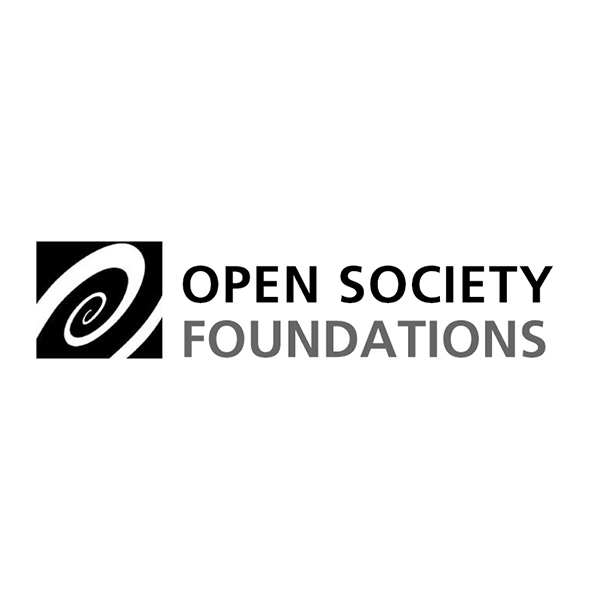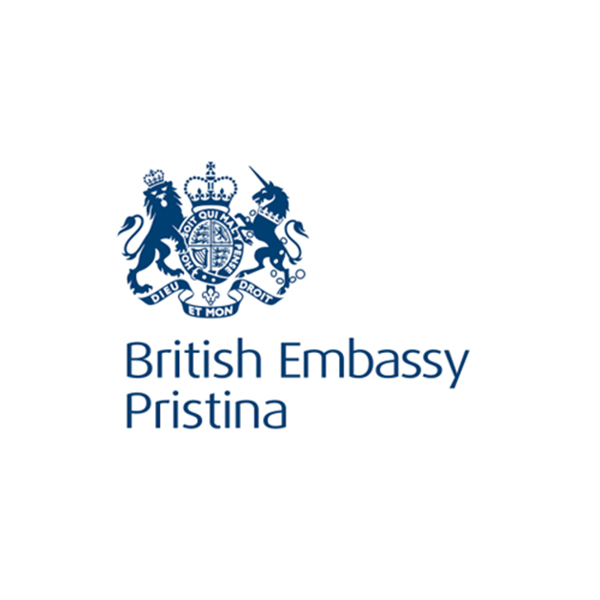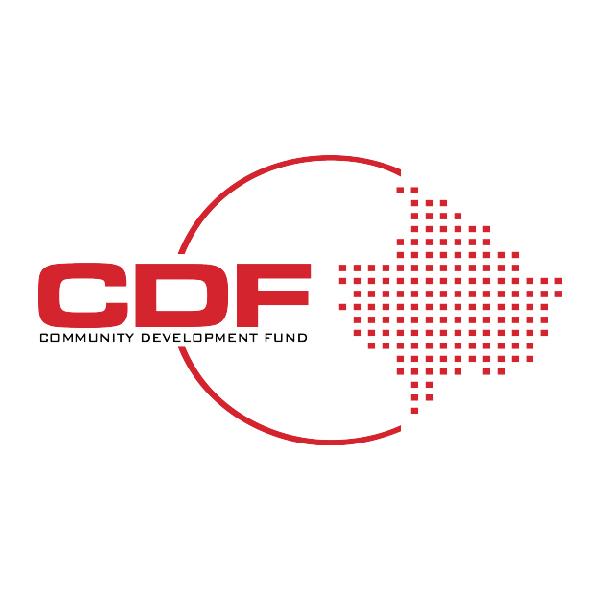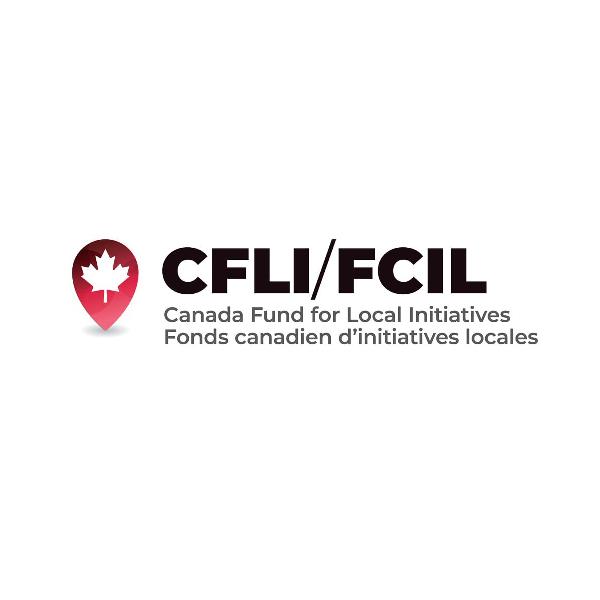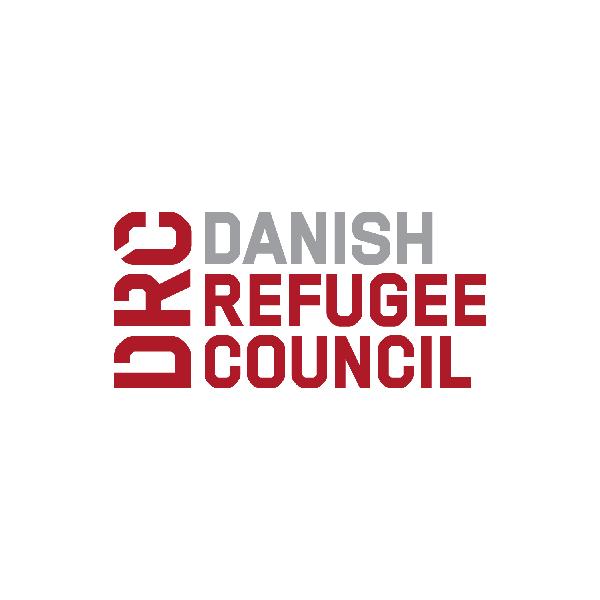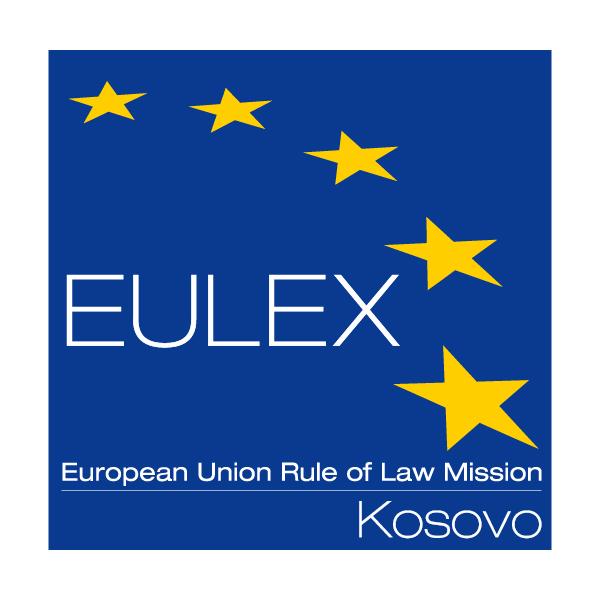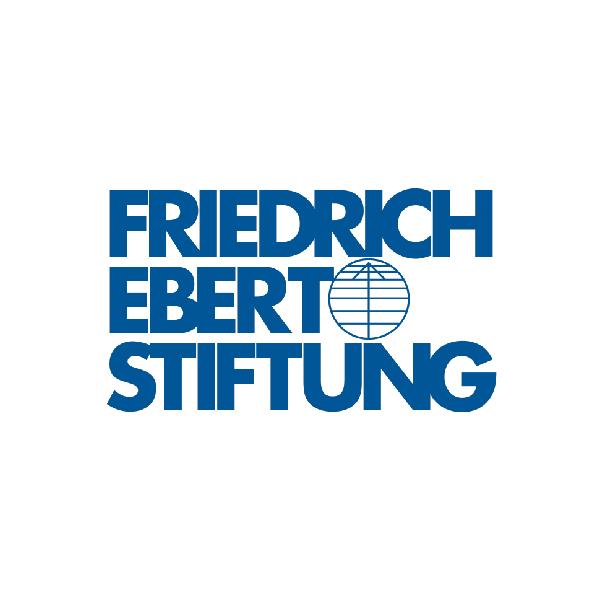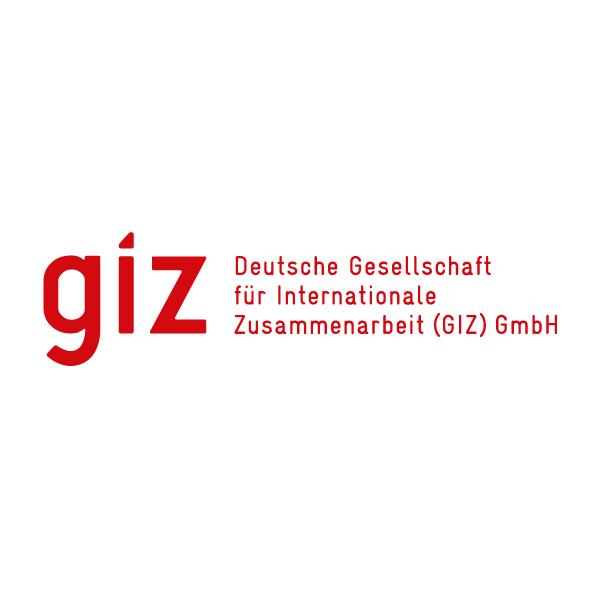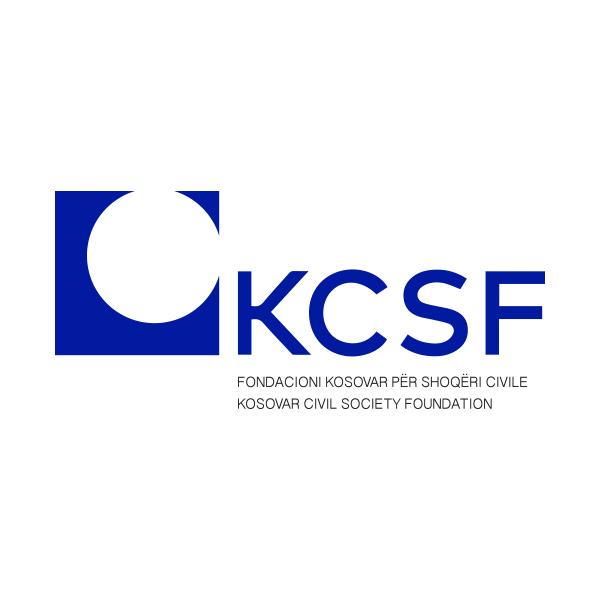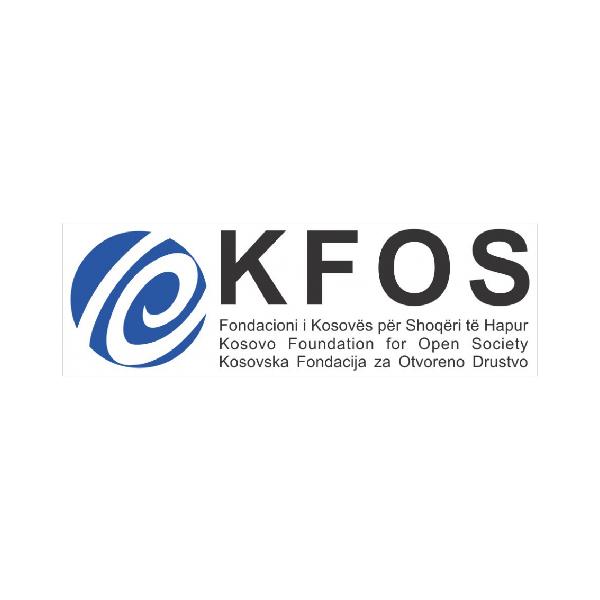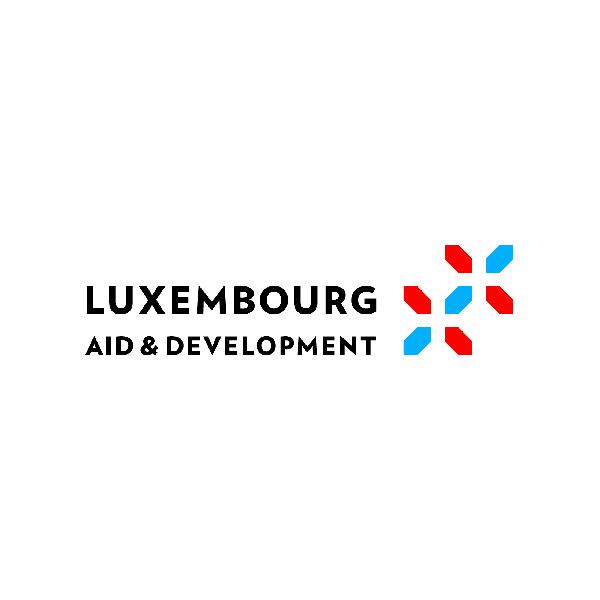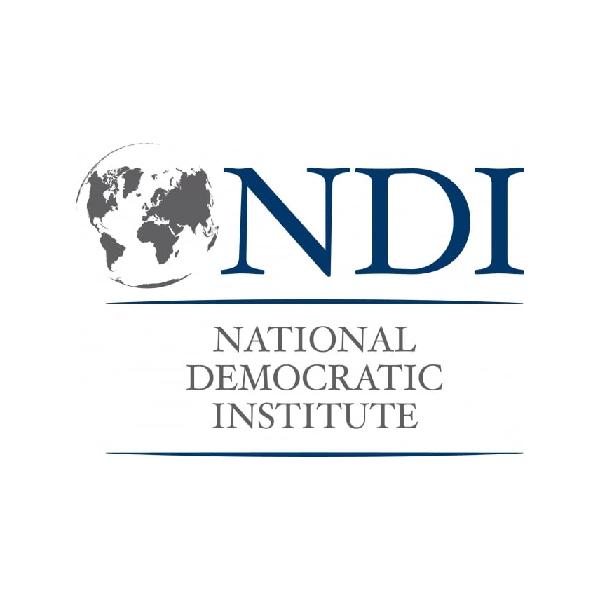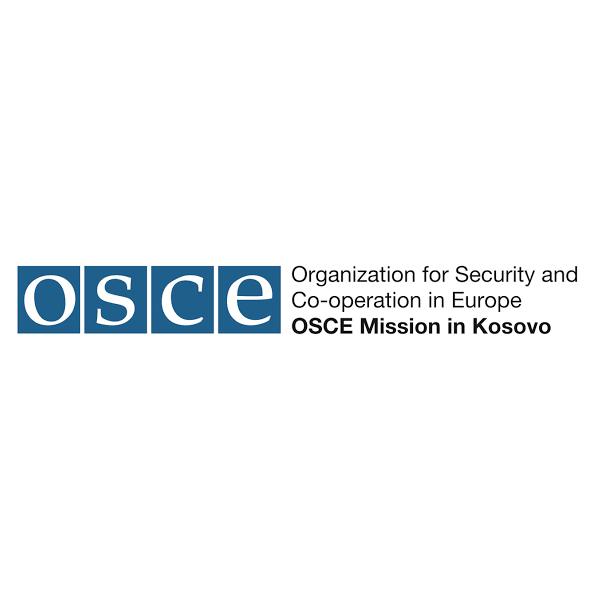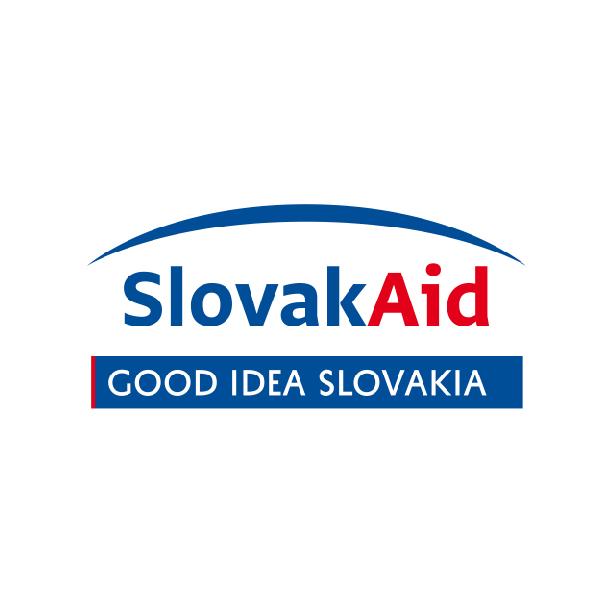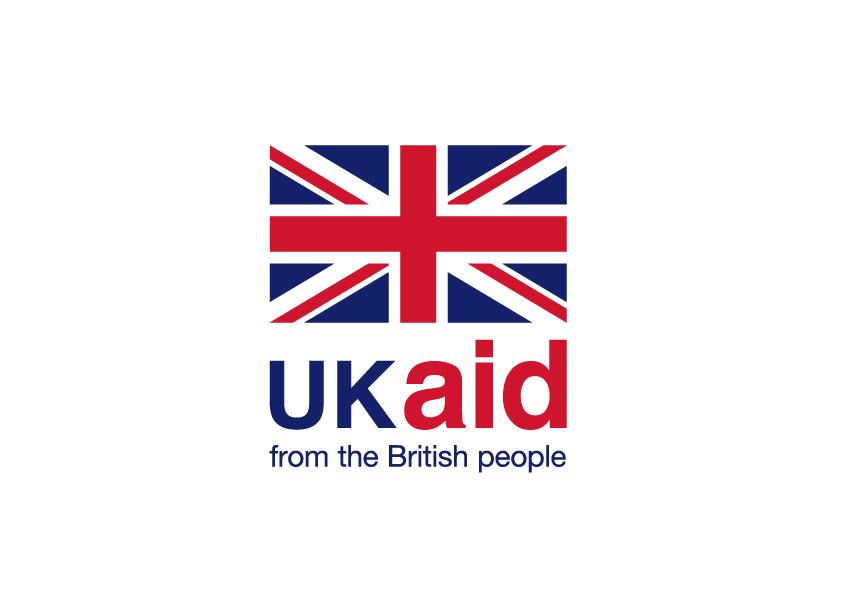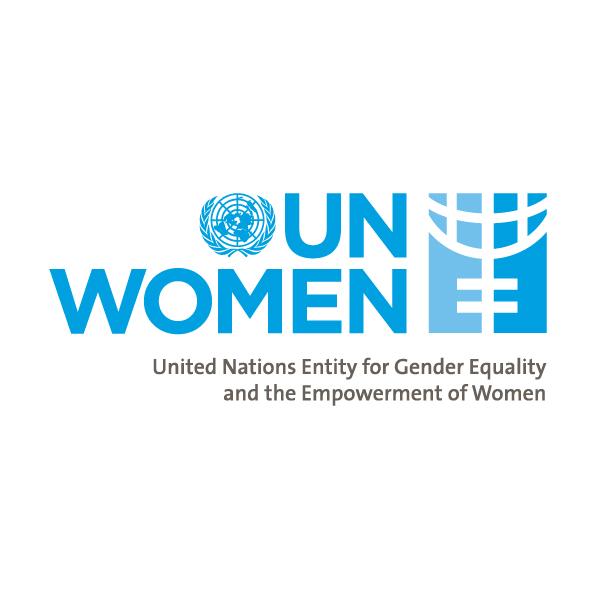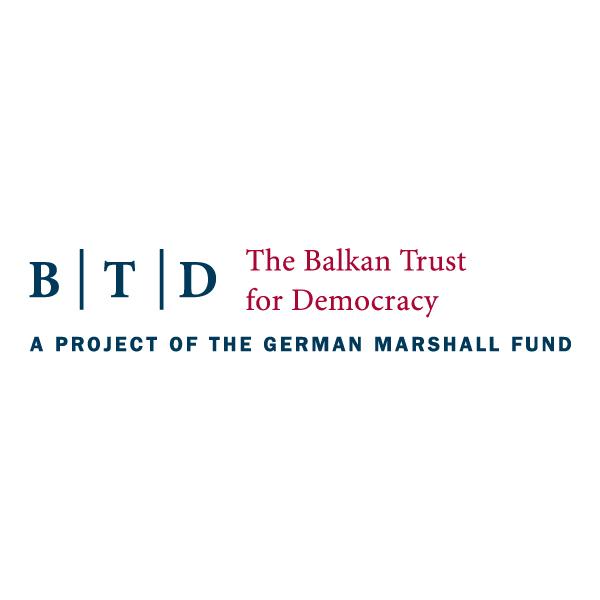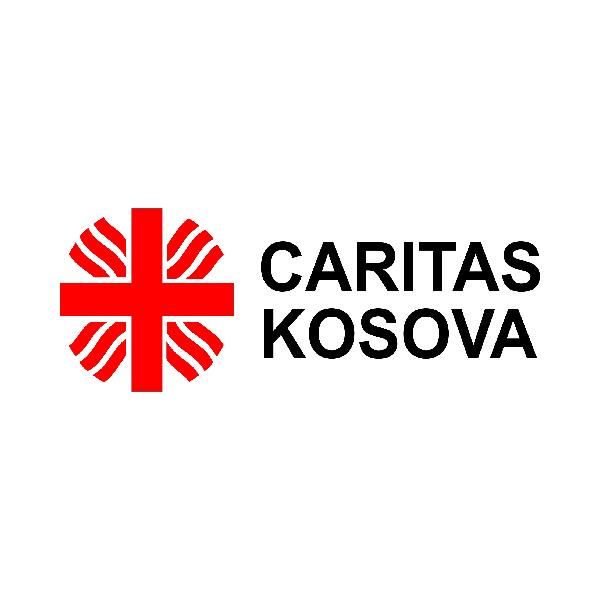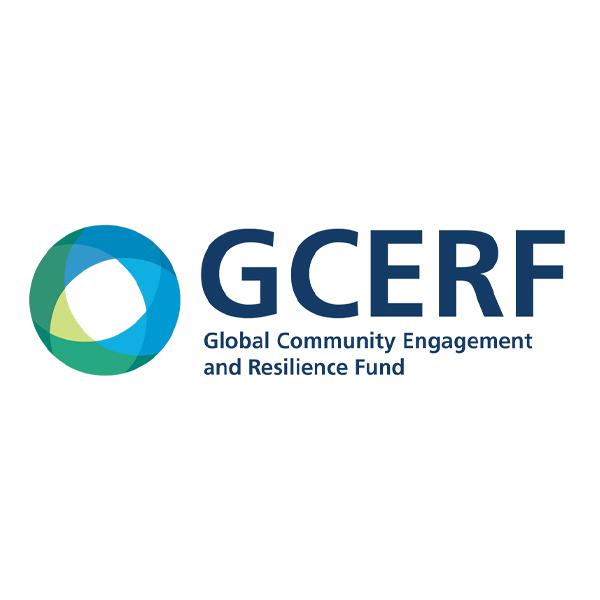On November 28, 2022, in Pristina, NGO Aktiv presented the results of the “Trend Analysis 2022: Attitudes of the Serb Community in Kosovo” research, which gives an overview of the main social, economic and political trends in the society in which Serbs live in Kosovo.
This year’s poll was conducted in an atmosphere of heightened tensions and a growing sense that the security situation is slowly deteriorating. Events that have taken place over the past year, starting with the parliamentary elections in February 2021, have contributed to a growing perception that the political situation has worsened.
“There was a noticeable decrease in the number of those who positively assess their own future, which indicates a widespread sense of pessimism when it comes to long-term assessments of the future of the Serbian community in Kosovo,” the research showed.
On the other hand, what is also noticeable is a slightly reduced ethnic distance, with an increased number of respondents who said not only that they had contact with the majority community but also that they considered those contacts to be neutral or positive in nature.
The essence of this year’s results is the pervasive apprehension that is a consequence of still-unresolved issues, such as the formation of the Association of Serbian Municipalities (ASM), as well as the kind of apathy that reigns when it comes to the potential for achieving a long-term solution that would ensure protection (both institutional and other) needed to stop external migration.
The key findings of the Trend Analysis showed that the vast majority of Serbs believe that the situation in Kosovo is not going in the right direction, as high as 93 percent. Security is still a sensitive topic for Serbs in Kosovo – almost 85% of respondents who live in the north of Kosovo rate the security situation as being poor, compared to 55% of respondents who live south of the Ibar.
Slightly more than half of the respondents, 55%, believe that life for Serbs in Kosovo will be worse in three years. As many as 65% of respondents believe that the economic situation/unemployment is the biggest problem of Serbs in Kosovo. Further results showed that 92% of respondents have some personal documents issued by Kosovo institutions.
Optimism related to the formation of the Association/Community of Serb Majority Municipalities has dropped significantly: every sixth respondent does not believe that the Association will be formed. Although only 13% of respondents support stickers as a solution for registration, every third respondent is not sure about that solution.
When it comes to looking into the future in Kosovo, every other respondent does not see him/herself in Kosovo in the next five years, while economic uncertainty is the main reason for leaving Kosovo.
NGO Aktiv notes that the current situation is sensitive and unpredictable, and the 2022 Trend Analysis survey was conducted before September 2022 and therefore does not reflect events that occurred during that period.
“It remains to be seen how radically they influenced/influence the views of the wider community about personal security and its prospects in Kosovo”, says NGO Aktiv.
NGO Aktiv calls on policy makers and decision makers to view these results as a reminder of the urgent need to initiate new and comprehensive efforts aimed at improving institutional compliance with laws that protect the rights of non-majority communities, and certainly at raising the level of their quality of life.
Detailed findings and this year’s views of the Serbian community in Kosovo are available on our website in three languages, in Serbian, Albanian and English.


